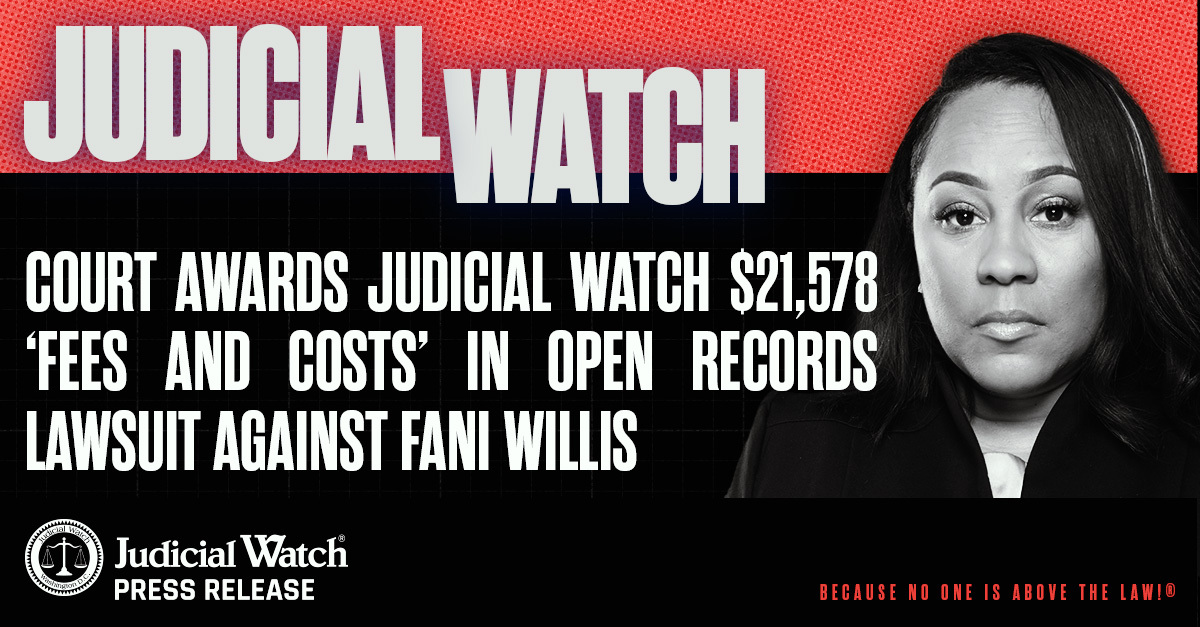

Cargo Vulnerable To Terrorist Threats Still Not Screened
It’s been more than a decade since Islamic terrorists attacked the U.S. yet the agency created to protect the nation from another strike is asleep at the wheel, failing to adequately screen the monstrous amounts of cargo that enter the country each day.
This may seem unbelievable to most Americans, that the Department of Homeland Security (DHS) can’t get its act together more than ten years after the worst terrorist attack in U.S. history. Incredibly, it’s true and the alarming details are outlined in a federal report published this week by the Government Accountability Office (GAO), the investigative arm of the U.S. Congress.
It reveals that the DHS agency responsible for screening cargo, Customs and Border Protection (CBP), still lacks the ability to check 100% of the containers that enter the U.S. through seaports each day. Under the 9/11 Commission Act, all U.S-bound cargo containers must be scanned because they are vulnerable to threats from terrorists and could be used to smuggle nuclear and radiological materials.
To meet the goal, DHS has spent hundreds of millions of dollars on faulty systems that didn’t get the job done. In fact, the agency dropped more than $200 million on 1,400 radiation portal monitors that weren’t up to the task. Last summer the agency ended that brilliant program, which was a team effort between CBP and the Domestic Nuclear Detection Office.
So, where does that leave cargo safety? Here’s what the GAO says: “Uncertainty persists over how DHS and CBP will fulfill the mandate for 100 percent scanning given that the feasibility remains unproven in light of the challenges CBP has faced implementing a pilot program for 100 percent scanning.” That’s really comforting.
Here is another interesting tidbit. The GAO reveals that several years ago it asked Homeland Security officials to perform an analysis to determine whether 100% scanning is even feasible, but the agency hasn’t bothered doing it. Congressional investigators have logically concluded that CBP is “no longer pursuing efforts to implement 100 percent scanning” by the mandatory July 2012 deadline.
The GAO’s findings could not have come at a worst time, on the heels of an international study on maritime trafficking that reveals weapons, drugs and banned missile are regularly smuggled aboard reputable ships owned by major companies in the U.S. and Europe. As an example it lists the case of weapons traffickers who evaded international embargoes on Iran and North Korea by hiding illegal goods in sealed shipping containers using a tactic pioneered by drug smugglers.















